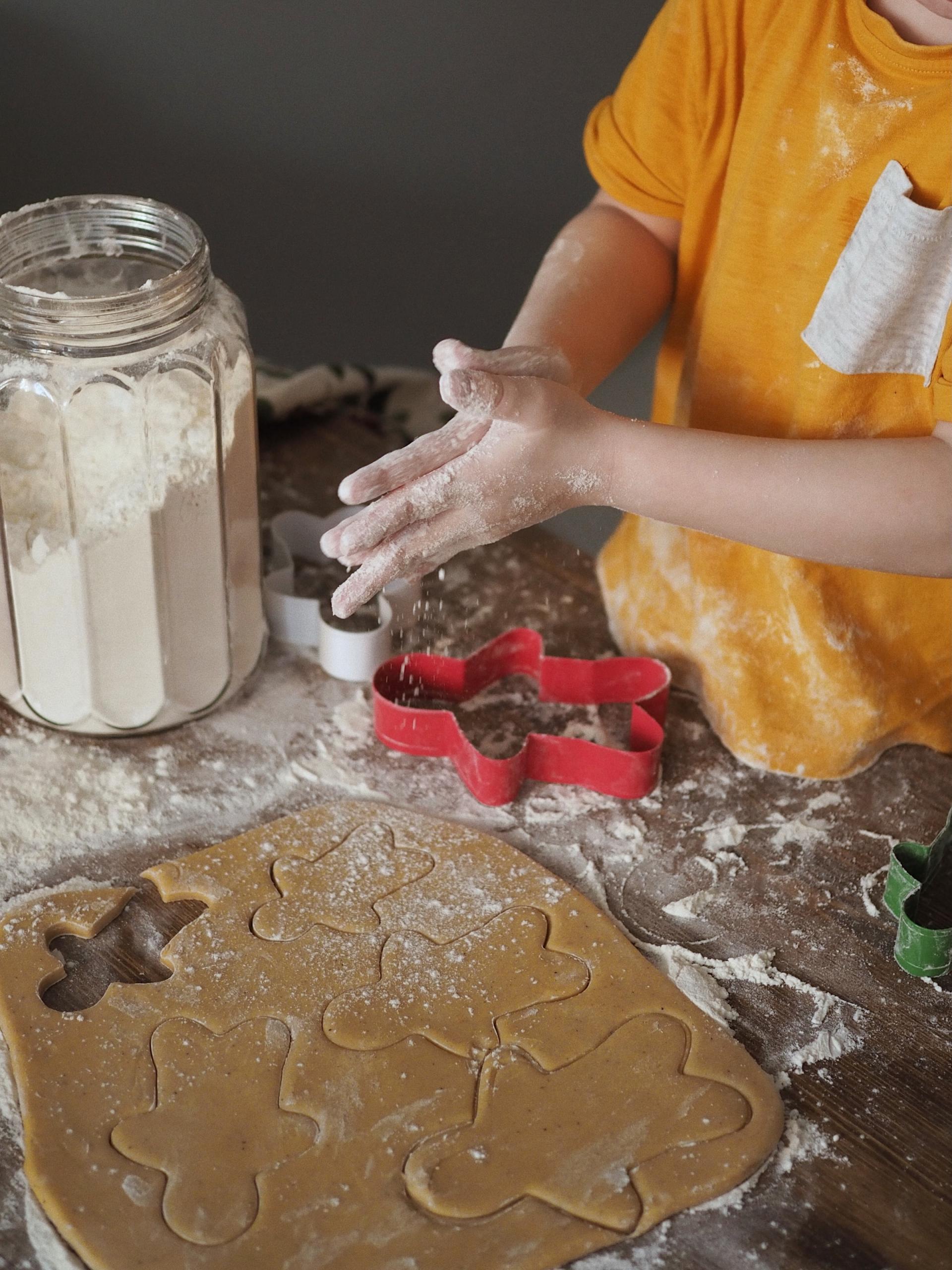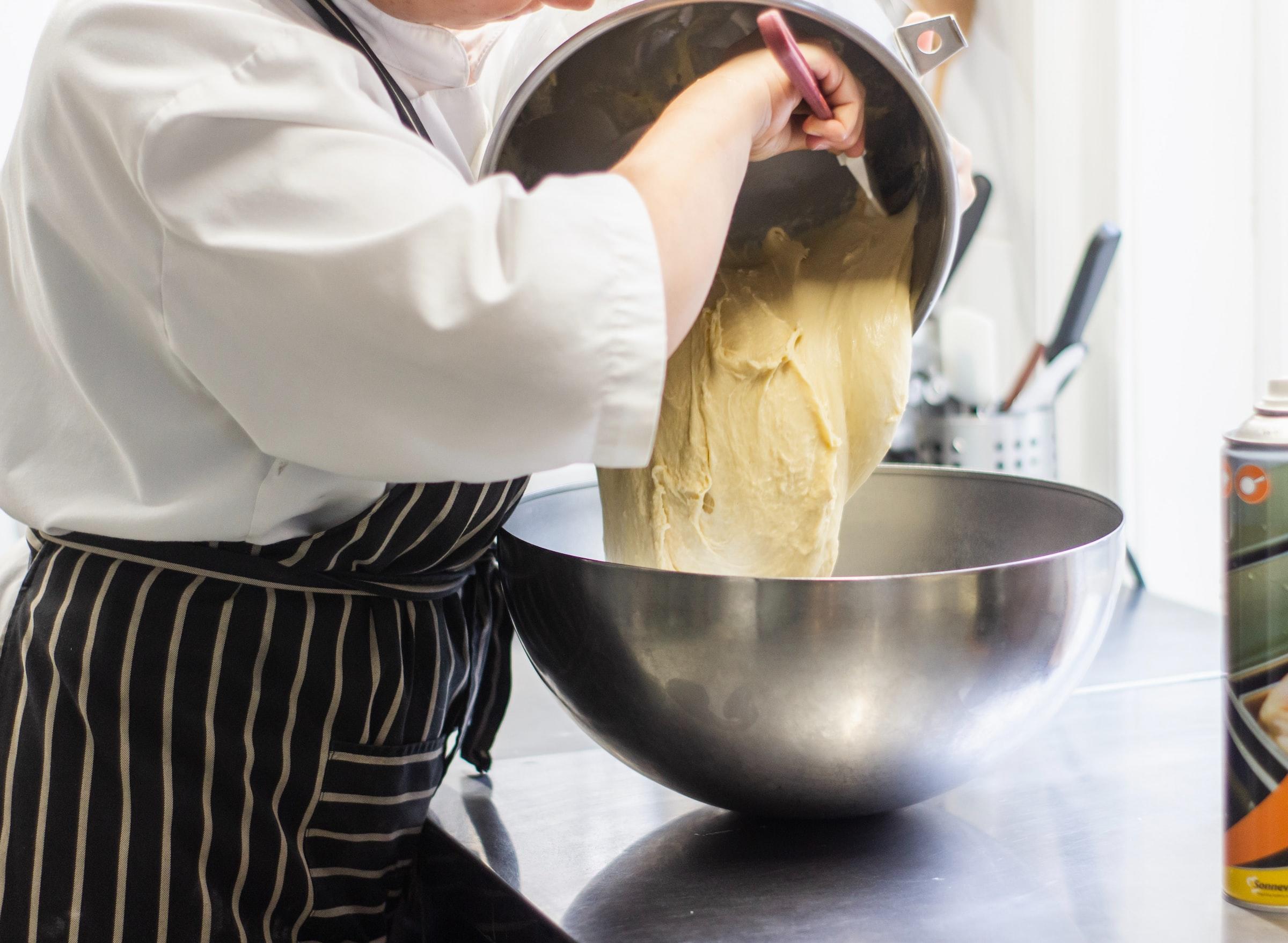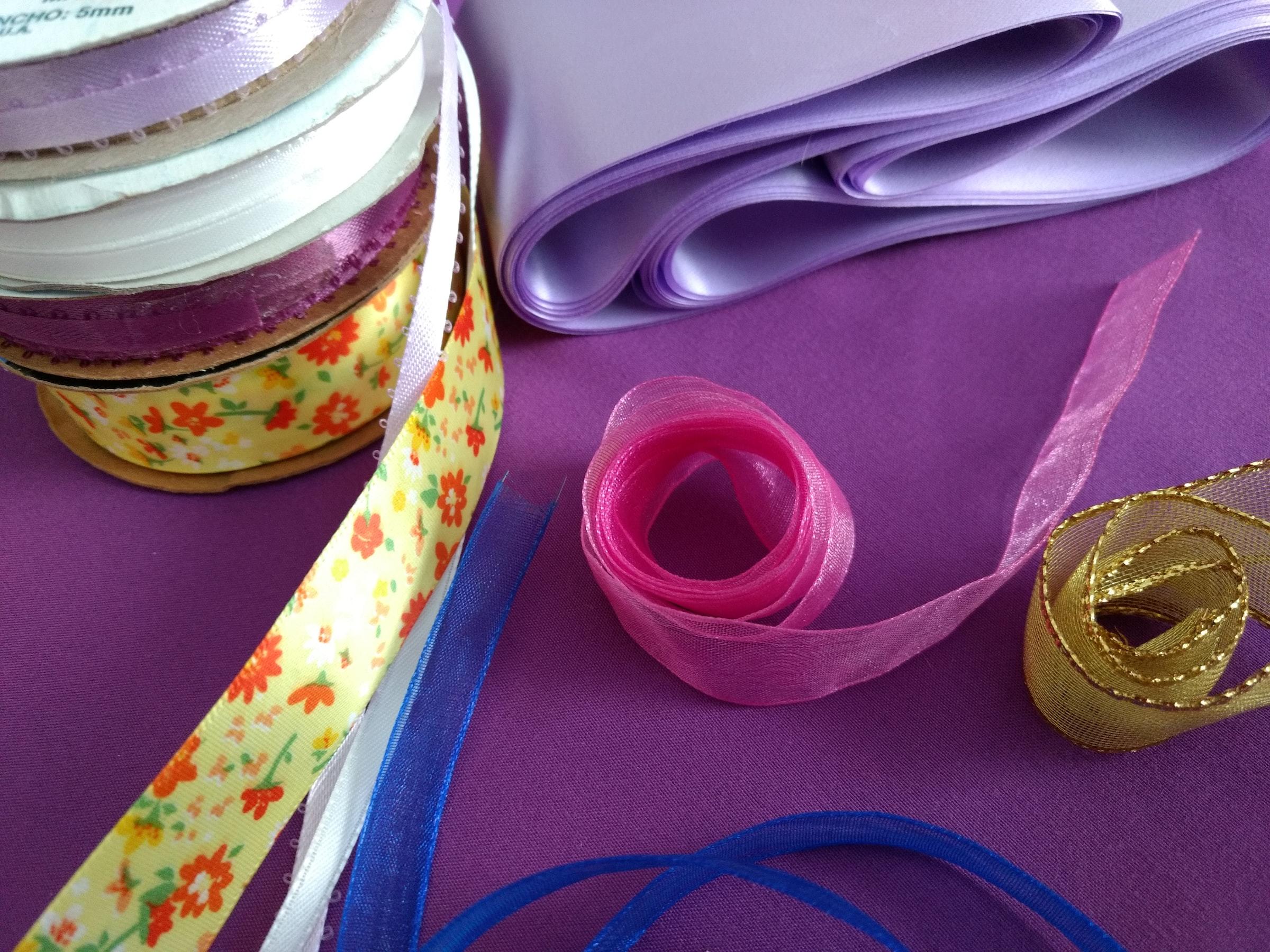"Home Economics stands for the ideal home life for today unhampered by the traditions of the past and the utilization of all the resources of modern science to improve home life." -Ellen Swallow Richards
For many years, home economics was a topic taken by teenage girls to prepare for their future lives as working mothers and wives; if that's the path they desired. However, recently in the past few decades or so, the gender roles that were so strictly observed have begun to change.
The stark shift of interest in Home Economics is no longer what it used to be and, recently, the government has proposed that GCSE Home Economics, along with various other GCSEs which have also been branded too ‘soft’, should be scrapped. It's a commonly known fact that since 2016 the GCSE Home Economics course has been discontinued for multiple reasons such as the fact that it greatly overlaps with GCSE Food Technology, a comparatively new GCSE subject.
By glancing at the specifications, it is clear that there are certain similarities between the two but that Home Economics focuses more on Nutrition and Food Technology than on food production.
So, without further delay, in today's article, we shall examine the fundamentals of Home Economics, whether it should have been discontinued, the employability of the course, and whether or not it's a valuable academic discipline.

What is the Definition of Home Economics?
Not just a topic of interest for girls, Home Economics is an academic discipline that has been featured in schools for centuries. But, for those who aren't familiar with the terms and definitions, how is it described? Home Economics may have alternative names based on the country of origin where it is studied. Also, known as domestic science or family and consumer sciences, Home Economics is a subject that involves a variety of useful subtopics or disciplines such as the following:
- How to manage personal and family finances,
- Consumer issues,
- Housing and interior design,
- Nutritional facts,
- Basic to advanced food preparation,
- Learning more about textiles, sewing, and basic apparel.
Home Economics is the subject at school that prepare students for the more practical areas of life. Topics such as maths and history educated and exercise the mind but they aren't teaching pupils how they can best spend their money, create a budget, or learn how to make a delightful lemon tart.
Home Economics is for students who want to learn how to run a household effectively. Both men and women can benefit from the usefulness of home economics. But, what are the benefits of Home Economics? Let's take a look at the following subheading.
What are the Pros of Studying Home Economics?

Do you think that Home Economics is a topic that still should be studied during the GCSEs? If so, you're not wrong since there are noteworthy advantages to the Home Economics topic in its entirety. Such as? Let's take a look at the list below:
- Teaches Responsibility at Home: Home Economics doesn't only teach useful skills but it additionally assists students to build responsibility in the home environment. How's that? Pupils see how much work and effort it takes to effectively run a household which in turn, hopefully, inspires them to take on more responsibility in their household and appreciate the hard work of their parents.
- Valuable Life Skills are Learned: after graduation, many school students joke about another day going by when they didn't have to use algebra or trigonometry. Oftentimes, the subject matter of maths or science classes is never utilised again. However, that's not the case with Home Economics. Skills such as cooking, baking, sewing, and creating a budget are all learned; things that people need to know and use frequently.
- Teaches Healthy Habits: in many countries, the way Home Economics is taught is extremely conducive to the learning of good habits and traits. For instance, students learn how to make healthy recipes that are delicious and wholesome for the body. Also, certain aspects of food technology and management instruct students on how to store food items correctly and avoid waste.
With so many worthwhile advantages, while reading this you might be asking yourself, why was Home Economics GCSE discontinued? That's a very valid question that will slowly be answered in the following subheadings.

Should Home Economics Have Been Discontinued?

GCSE Home Economics is a very popular subject and has received many entries over the past few years. So it could be argued that axing Home Economics does a disservice to students. The concerns about the overlapping of Home Economics and Food Technology do appear logical. But, let's get real, does narrowing down GCSE choices ever actually benefit the education system? The more the better. Variety is the spice of life and it will keep students intrigued with their learning experience. After all, GCSEs are compulsory and there are a wide variety of students who take them. Surely the more choice and flexibility GCSEs can offer students; the better chance there is of them catering for the individual needs, capabilities and desires of young people. There are a huge range of subjects to cater to every student's interests and career prospective, from drama and physics to health and social care.
So, should the Home Economics GCSE have been axed by exam boards? It appears that the answer is no.
Indeed, Arabella Weir from The Independent has expressed the concern that getting rid of ‘soft’ GCSEs such as Home Economics will put some pupils off learning. In an article posted in June of 2014, she pointed out that for many less academic students, these “less educationally rigorous” subjects provide realistic goals for them to aspire to.
The fact that Home Economics GCSE is very popular shows that pupils have been finding it an enjoyable, worthwhile qualification to pursue. And is it the government’s place to assume they know what’s best for young people? The education system is supposed to serve young students the best way it can. Therefore, if Home Economics is popular among students then should it be removed from the curriculum?
While there were valid reasons for keeping the Home Economics GCSE, what about future employability for students who take this course? Let's find out in the following subheading.
What About Employability?

When it comes down to it, it could be claimed that the Home Economics GCSE is not practical enough to be significantly useful for young people who aspire to work in any industry that Home Ec teaches such as cooking, sewing, food service, accounting, etc.
One could argue the Home Economics GCSE is more about teaching life skills than practical work abilities that will benefit students with employability in the future. But this criticism is based on the assumption that GCSEs are merely about employment and not preparing young people for life in general. And with the problems of obesity and other nutritional problems in the UK, the emphasis on health and nutrition within Home Economics GCSE may be more relevant and vital than ever.
Also, in 2023, with so many places looking for employees, the life topics taught during Home Economics will help you to be useful in many types of jobs.
What Happens Next?
Of course, questioning the status quo and updating the educational system is usually good practice to ensure that students are reaching their potential and to prevent the National Education System from being stale and stagnant. However, narrowing down interesting GCSE options for young people seems backwards rather than progressive, especially considering GCSEs are compulsory for all pupils in the United Kingdom.
The bottom line is that although GCSE Home Economics has been axed and it's been replaced by GCSE Food Technology, here's to hoping that in the following months or years, it makes a swift return back to the curriculums of exam boards.
Summarise with AI:
















I was taught Domestic Science from 1963 to A level.
My knowledge of food values and how to create a meal from very little far exceeds that of most of my peers, who can’t make sauces, gravies, pancakes, pastry etc.
At the start of lockdown people were panicking about supplies running out. I wasn’t because I know how to make nutritious meals from store cupboard items i.e. peas, beans, nuts and lentils for first class protein, soups, stews.
It’s been a massive mistake because young people have no deeper knowledge of how to feed their families.
Thanks for sharing your experience! It’s impressive to hear how your Domestic Science education has equipped you with such valuable skills, especially during challenging times like the lockdown. Your ability to create nutritious meals from basic ingredients is a testament to the importance of practical knowledge in everyday life. It’s a crucial skill that many young people could benefit from learning.
Learning to cook/sew/budget are life skills not always taught within the home environment maybe by time, knowledge or skill limitations. Schools are not just about employability but learning wider knowledge and skills. I am currently being asked to do simple sewing jobs by someone in their 40’s. I’m in my 70’s and this was part of the wider skills I learnt at school. There has been a decline in these skills for many years. Also with the increasing number of type 2 diabetes diagnoses a knowledge of nutrition and food preparation could, in the longer term, improve the general health of the nation and may possibly reduce the need for so many food banks .
The current increase in obesity and illness in the UK society is directly related to the lack of ‘domestic science ‘ being taught in schools.
Current parents do not teaching their children to cook and eat well preferring to have ‘ready meals’ from supermarkets and take away outlets, where convenience is more important that nutritious food. The ready meals all contain ‘bad’ food items and artificial additives, damaging health including increased diabetes and obicity.
To solve the current crisis in the nations health bring back
Thank you for sharing your perspective! 🍎 Bringing back domestic science or Home Economics could indeed equip young people with essential cooking and nutrition skills, promoting healthier lifestyles and potentially addressing issues like obesity and diabetes. It’s a thought-provoking suggestion! 👩🍳✨
i learned basic cooking and sewing skills in home economics in the 1960’s, and those skills have proved very useful even though I was first a nurse, and later an attorney at law. Sewing was especially valuable; I could hem pants and skirts that were too long, alter clothes that were too loose, and use an inexpensive home sewing machine to mend torn seams and to patch worn knees in a way that could not be easily seen. As to cooking: i can make good meals quickly and affordably because I understand how to measure, sift, fold, and do many other cooking tasks easily – all of which I learned in home economics.
Thank you for sharing your experience! It’s inspiring to hear how the skills you learned in Home Economics have been useful across such different careers. We’ll keep stories like yours in mind for the next update, as they show just how lasting and practical those lessons can be.